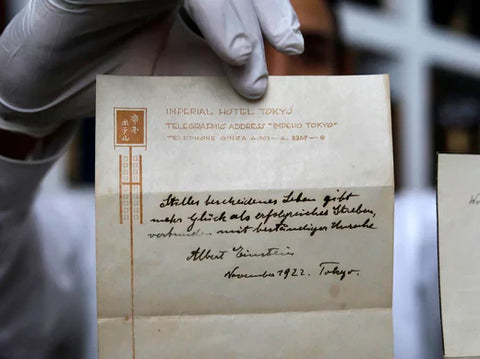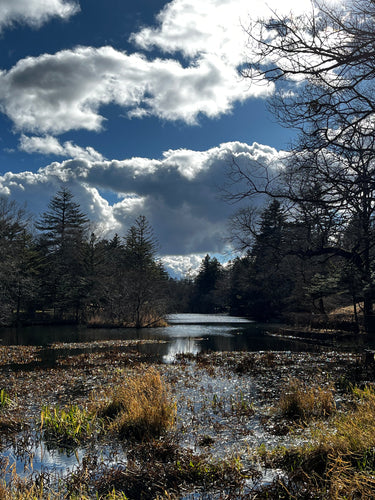
Tokyo—a city that tops the travel bucket lists of millions. Some are drawn to its pulsating metropolitan energy, others to the rich tapestry of Japanese history and culture it offers. Last year, nearly 15 million visitors flocked to Tokyo, the highest number in a decade. Choosing where to stay is often the first step in planning such a trip. For the protagonists of Lost in Translation, it was the Park Hyatt Tokyo, the backdrop for a fleeting yet poignant connection. Nearly a century earlier, Albert Einstein opted for the iconic Imperial Hotel—and left behind a story as memorable as the man himself.
A Hotel Fit for Legends
The Imperial Hotel is one of Tokyo’s “big three” luxury hotels, renowned for its long history and impeccable service. Built in 1880, it has endured fires, two reconstructions, and the shifting sands of time. The second incarnation, designed by the legendary architect Frank Lloyd Wright, embodied his signature elegance and timelessness. Sadly, even Wright’s version succumbed to redevelopment, and today, visitors encounter the third iteration of the Imperial Hotel.

The preserved but relocated lobby of Frank Lloyd Wright’s Tokyo Imperial Hotel (1923)
A Gentleman’s Gratitude
In 1922, a 40-something Einstein visited Japan as a guest lecturer and stayed at the Imperial Hotel. During his stay, he handed a bellboy two handwritten notes in lieu of a tip. The reasons remain unclear—perhaps the bellboy refused the tip out of Japanese custom, or Einstein simply didn’t have any small change. Whatever the case, he wrote these notes in German to express his thanks. One of them, translated, reads:
"A calm and modest life brings more happiness than the pursuit of success combined with constant restlessness."
Fast forward to 2017, when that very note was sold at auction for $1.56 million (£1.2 million), setting a local record for the highest price fetched by a piece of memorabilia. According to the seller, Einstein had told the bellboy: “If you’re lucky, this note might become more valuable than a tip.” A century later, his words proved prophetic.
At the time, Einstein had recently been awarded the 1921 Nobel Prize in Physics and was already a towering figure in the scientific community. His comment may have been a simple joke, or perhaps it hinted at a quiet confidence in the weight of his legacy.
A Piece of History Preserved
For architecture enthusiasts longing to see Wright’s Imperial Hotel, a trip to Tokyo won’t suffice. The structure was partially reconstructed at the Meiji-Mura Museum near Nagoya, where it stands alongside other historic Japanese buildings. Alternatively, you can visit the Jiyu Gakuen Myonichikan in Tokyo’s Ikebukuro district, another of Wright’s remarkable designs.

Jiyu Gakuen Myonichikan, from Frank Lloyd Wright Foundation (2017)
Looking Ahead
As Tokyo continues to thrive post-pandemic and approaches the next wave of global attention, the Imperial Hotel remains an enduring symbol of the city’s blend of tradition and modernity. Whether you’re visiting for a cultural deep dive or simply seeking a luxurious stay, this iconic hotel offers more than just a room—it’s a connection to a century of stories, including the fascinating chapter penned by Einstein himself.
And while exploring Tokyo’s vibrant streets or unwinding at the Imperial, perhaps reflect on the wisdom of Einstein’s note—a reminder that, even in a fast-moving world, there’s a quiet power in embracing simplicity and contentment.


